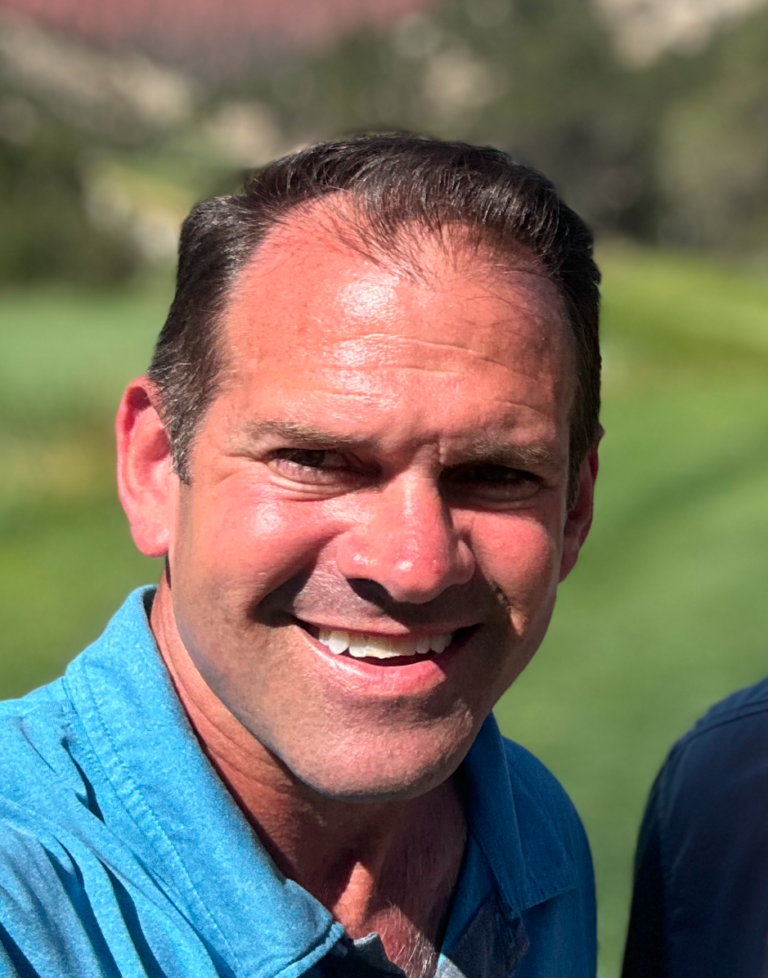How Dr. Ian Weisberg is Transforming Cardiac Electrophysiology
How Dr. Ian Weisberg is Transforming Cardiac Electrophysiology
Blog Article
Synthetic intelligence (AI) is quickly transforming the medical field, and cardiology isn't any exception. Dr Ian Weisberg, a leading specialist in electrophysiology and cardiac treatment, is at the front of developing AI-driven technology in to detecting, monitoring, and treating heart conditions. His strategy claims to improve precision, increase patient outcomes, and revolutionize the ongoing future of cardiology.

AI-Driven Diagnostics: Enhancing Accuracy
One of the most substantial applications of AI in cardiology is their power to analyze big amounts of individual information with unmatched accuracy. Dr. Weisberg uses AI-powered electrocardiograms (ECGs) and unit understanding calculations to identify abnormalities in heart rhythms sooner than ever before. By comparing tens of thousands of individual instances, AI may recognize delicate habits that also the absolute most experienced specialists might miss.
For problems like atrial fibrillation (AFib) and ventricular tachycardia, early detection could be the big difference between preventive care and a deadly emergency. AI-based ECG model assures that people get reasonable interventions, reducing the risk of complications.
Predicting and Stopping Cardiac Events
Beyond analysis, AI is helping anticipate cardiac events before they happen. By examining factors such as for instance heartrate variability, life style behaviors, and genetic predisposition, AI-driven designs can identify individuals at large chance for heart episodes, strokes, or unexpected cardiac arrest.
Dr. Weisberg thinks that predictive energy allows physicians to get practical steps, such as for instance prescribing life style improvements, medications, or even recommending early interventions before serious signs appear.
Customized Treatment Plans with AI
Each patient's center is exclusive, and AI is making personalized therapy programs a reality. Applying AI-powered simulations, Dr. Weisberg may custom techniques such as catheter ablations or pacemaker implantations to match a patient's precise cardiac design and condition. That decreases trial-and-error strategies and increases treatment accomplishment rates.
More over, AI helps refine dose guidelines for heart medicines, ensuring maximum success with little area effects.
Distant Checking and AI-Assisted Cardiac Treatment
One of the very most revolutionary advancements in AI and cardiology is distant individual monitoring. With AI-powered wearable devices and smart implants, doctors can track real-time patient data, alerting them to any irregularities instantly.
Dr. Weisberg sees this as a game-changer, specifically for people with chronic heart conditions who need continuous monitoring. By lowering clinic visits and catching issues early, AI-powered monitoring techniques help save lives while increasing patient comfort.
The Potential of AI in Cardiology
As AI continues to evolve, Dr. Weisberg remains committed to adding cutting-edge systems that make cardiology more efficient, exact, and patient-friendly. His function bridges the hole between engineering and medication, ensuring that AI enhances—perhaps not replaces—the individual touch in healthcare.

With AI-driven advancements, cardiology is entering a fresh time where cardiovascular disease can be discovered early in the day, treated more efficiently, and managed with larger precision. Dr Ian Weisberg Niceville Florida's groundbreaking efforts in this room offer to shape the continuing future of cardiac look after decades to come.
Could you like any refinements or extra precisely specific AI programs? ????
Report this page